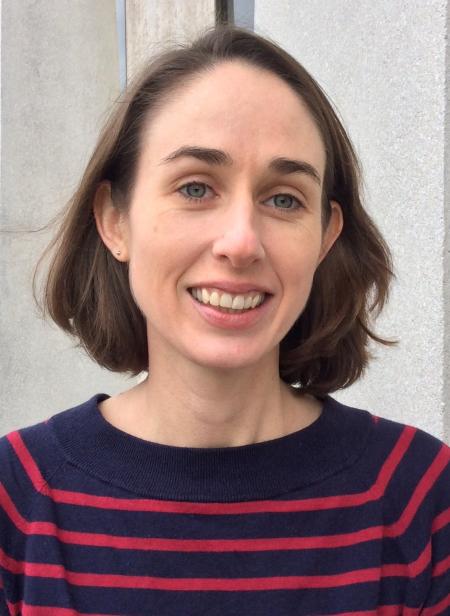Intergenerational Effects of Women's Status: Evidence from Joint Indian Households
3600 Market Street, Suite 560 (5th floor)
University of Pennsylvania
Philadelphia, PA 19104
About the Speaker:
Diane Coffey is a demographer who studies social influences on health in India, specifically the intergenerational transmission of poor population health resulting from India's exceptionally poor maternal nutrition. Her research traces links among gender, stratification, and poor birth, childhood, and adult health outcomes. She has also studied the causes and consequences of poor sanitation in India. Diane is currently a Visiting Researcher at the Indian Statistical Institute in Delhi, and a Visiting Fellow at Princeton University.
About the Lecture:
Diane Coffey studies the intergenerational effect of a woman's social status on the health of her children and overcomes limits to causal identification in existing literature by exploiting an institutional feature of joint households in rural India: women married to the younger brother are assigned lower social rank than women married to the older brother. In studying differences among cousins within households, she finds that children of lower-ranking mothers are shorter than children of higher-ranking mothers. She argues that this effect is, in part, due to differences in maternal nutrition. As evidence of this mechanism, she documents effects of being a lower-ranking mother on post-partum BMI and birth weight in newly collected data, and on neonatal mortality in national data. Because the relatives who arrange the marriages that she studies do not take the groom's age rank among brothers into consideration, more disadvantaged mothers are not more likely to be married to younger brothers. She shows that women whose marriages assign them lower social rank are not disadvantaged in health, height, or human capital before marriage and that the difference in social status that she exploits emerges after marriage. She verifies that the results are not due to pre-marriage differences between fathers or mothers; are not caused by endogenous household dissolution; and are only present among children of higher- and lower-ranking mothers living together in a joint household, but not among the children of brothers living in separate households.

